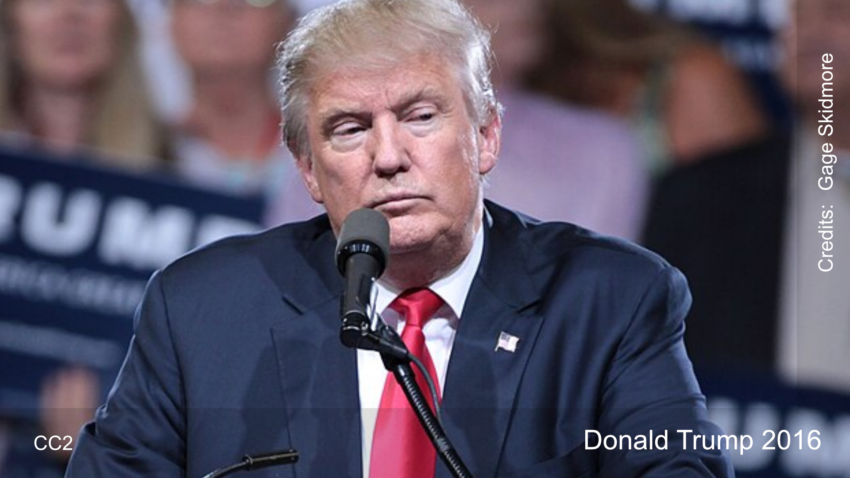Media outlets have drawn a controversial parallel between Donald Trump’s recent rally at Madison Square Garden and a 1939 pro-Hitler event. This comparison has sparked a heated debate over the portrayal of Trump and his supporters. Critics argue that this rhetoric endangers Republicans by inciting violence against them.
- Controversial Comparisons: Media outlets likening Donald Trump’s recent rally at Madison Square Garden to a 1939 pro-Hitler event have fueled debate, with critics calling the comparison inflammatory and a potential risk to Republicans.
- Rally Support and Messages: Speakers like Robert F. Kennedy, Jr. and Dr. Phil promoted messages against warfare and bullying; attendees included a diverse base, from Jewish supporters to Muslim leaders endorsing Trump.
- Democratic Responses: High-profile Democrats, including Kamala Harris’ VP pick Tim Walz, have echoed the Nazi comparison, claiming Trump’s venue choice was symbolic, despite past Democratic rallies at the same venue.
- Rhetoric and Violence Concerns: Trump’s team, citing recent assassination attempts, warns that such rhetoric may incite violence, while conservative voices argue media portrayal of Trump supporters as threats creates a dangerous atmosphere.
Despite past assassination attempts on Trump, some media continue to label him a “Nazi” for hosting the rally. During the event, speakers like Robert F. Kennedy, Jr. advocated for ending pointless wars. Dr. Phil urged Americans to resist bullying. The rally’s attendees included Jewish supporters and a Holocaust survivor. Additionally, a group of Muslim leaders recently endorsed Trump.
Nevertheless, Democrats, alongside certain media outlets, persist in likening Trump’s rally to the infamous 1939 event. They overlook that the venue has hosted prominent Democrats, including Franklin D. Roosevelt in 1936 and Jimmy Carter in 1976. Hillary Clinton and Minnesota Gov. Tim Walz, Kamala Harris’ VP pick, have accused Trump of reenacting the Nazi event. Walz claimed Trump deliberately chose the venue to echo the past.
Harris’ super PAC warned Democrats that such rhetoric might not resonate with Americans. Trump’s recent polling lead across seven swing states adds to this concern. Karoline Leavitt, Trump’s campaign national press secretary, called for Walz to apologize, warning that this language could incite violence. Leavitt stated, “This rhetoric has already inspired assassination attempts.”
Corporate media echo Harris’ messaging, describing Trump’s rally as “racist” and “vile.” Politico labeled it a gathering with “racist and vulgar remarks.” The New York Times criticized it as a “carnival of grievances, misogyny, and racism.” Mollie Hemingway, The Federalist’s editor-in-chief, warned that the media’s rhetoric could harm Republicans.
Recently, two individuals attempted to assassinate Trump. One would-be assassin shot him in Pennsylvania, while another in Florida engaged a Secret Service agent. The latter, a Biden/Harris supporter, attributed his actions to Democrat and media rhetoric. The Federalist reported that the gunman considered Trump “unfit” for presidency.
The media’s history of inciting violence against Republicans dates back further. In 2017, a Bernie Sanders supporter attacked Congress members at a baseball game, injuring Rep. Steve Scalise. The gunman echoed media portrayals of Trump as a “threat to democracy.” He posted on Facebook about destroying Trump.

